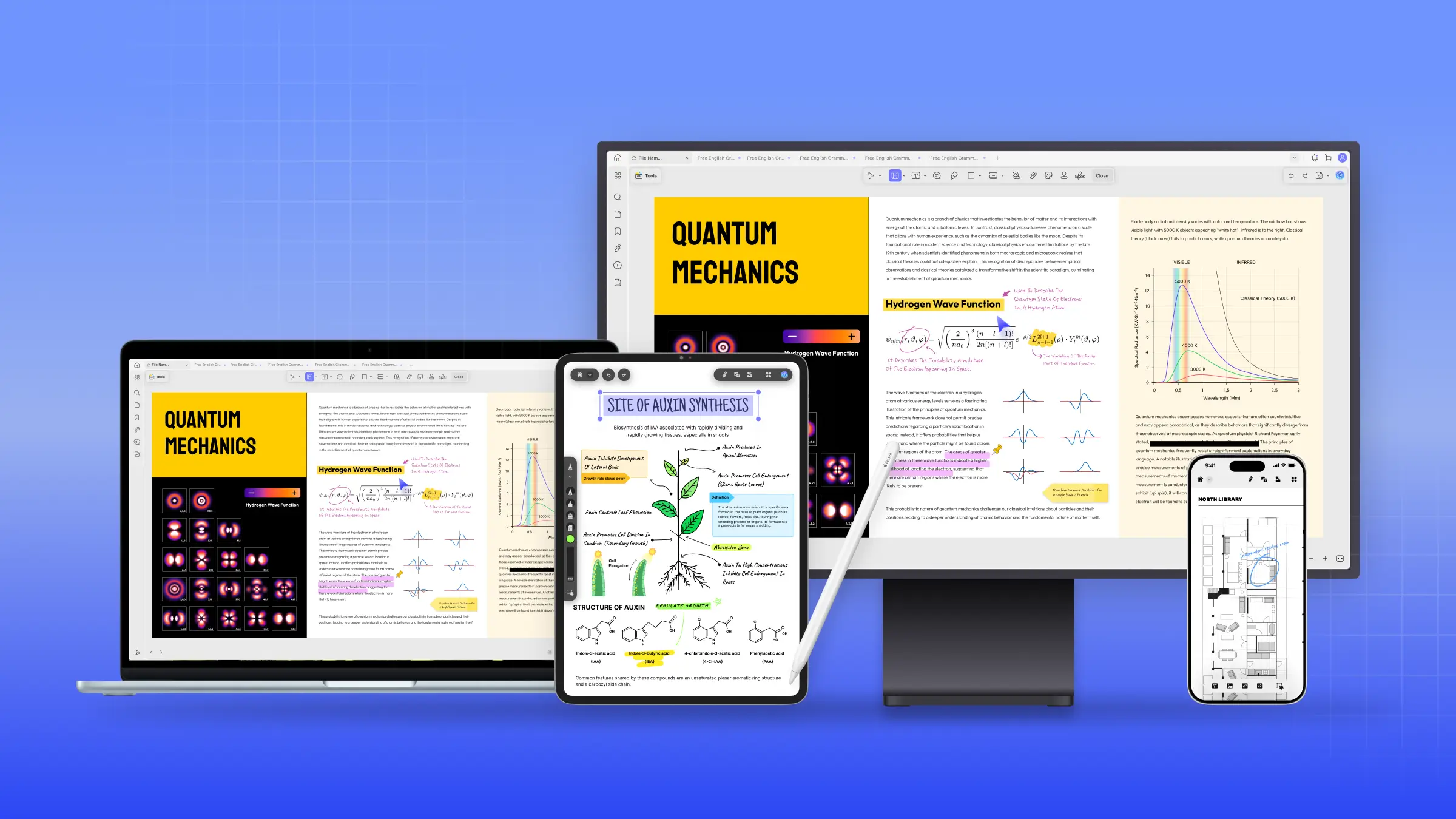Project management is an important technique that can help companies streamline their workflows and improve in-house productivity with effective planning and execution. And project life circle is an important part of project management. So, in this article, you will learn what is project life circle, why it is important, and 5 phases of the project management life cycle. Let's start with what is project life cycle.
Part 1: What is Project Life Cycle
The project management cycle is an order of processes or different phases by which a project is executed systematically. There are in-total 5 stages, including initiation, planning, execution, monitoring & controlling, and closure. The project life cycle is ideally used to eliminate all the hindrances or possible inefficiencies from the project right in the development stage.
Moreover, you can implement this technique even if you are working on a low-budget project or a project worth of million dollars. This will help you and your team complete the project more efficiently and on time.

Part 2: The Importance of Project Life Cycle
A project life cycle is a unique sequence of phases by which businesses can manage project workflow in an organized way from the start till the end. After that, the project life cycle in project management brings a lot of benefits, including:
- It will save you valuable costs while dividing the project into different phases. After all, you will allocate resources only when needed.
- The final delivery possesses a quality that fulfills the customer's requirements, as you have already rectified errors and disruptions during phases.
- The communication between team members, managers, and respective stakeholders helps avoid conflicts or misunderstandings. Thus, everyone stays on the same page with clear expectations.
- The experience of working in different phases may act as a learning lesson for teams and project managers to continue improving in the future.
Part 3: The 5 Phases of Project Management Life Cycle
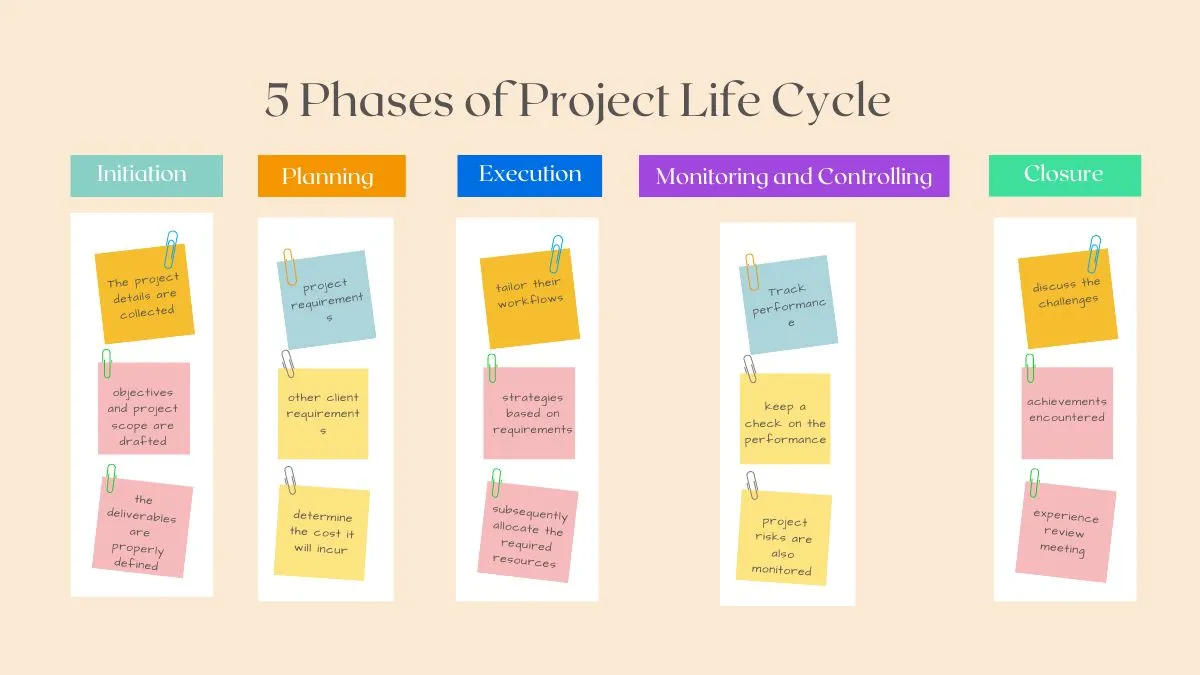
The project life cycle involves a structured approach to managing projects in a simplified yet efficient way. To implement this cycle into your business project, you need to follow these 5 phases of project management:
1. Initiation Phase
This is the first project management life cycle stage, where teams are formed, and the project manager is selected. The project details are collected, objectives and project scope are drafted, and the deliverables are properly defined. The project's feasibility is also determined following the client's requirements.
2. Planning Phase
In this second stage of project management, you have to do the project planning with an in-depth analysis of project requirements, objectives, and other client requirements. The drafted plan illustrates the scope this project would have, and it will also determine the cost it will incur, as well as reduce the time to complete the project.
3. Execution Phase
The third phase is the execution stage, where finally the project execution begins following the devised project plan. The developers or the project team will tailor their workflows and strategies based on the assigned project requirements. The managers will subsequently allocate the required resources to the members being active.
4. Monitoring and Controlling Phase
The fourth stage of the project management life cycle involves monitoring and controlling the project. Under this phase, the performance, quality, and progress of teamwork are tracked and accessed. Mainly, the project manager is the one who is tasked to keep a check on the entire team's performance and work updates. Moreover, project risks are also monitored and minimized in this stage.
5. Closure Phase
The closure is the final stage of project management, where the project is delivered to the client after completion. Once a project is accepted, the project manager organizes a meeting with the team to discuss the challenges or achievements encountered during the project. The project is closed, and the drafted documents are handed over to upper management for future reference.
Part 4: The Tool You Need to Do Better Project Document Management
During the project management life cycle, the document plays an important role. All the instructions, details, and deliverables related to the project are conceived in it. The project data is essential and confidential; thus, the better way to handle documents is through the UPDF PDF Editor to create and edit them in PDF format. This tool is a perfect PDF document manager that can edit, manage, convert, annotate, and organize PDF documents. You can download UPDF via the below button to try all its features.
Windows • macOS • iOS • Android 100% secure
UPDF has many features. You can benefit them from different parts during the project management. Here are some of the benefits.
- Edit the PDF Project Documentation: UPDF allows employees to edit the company's official document or even project file. Moreover, the text can be edited, the project's life cycle diagram can be modified, and even links can be adjusted.
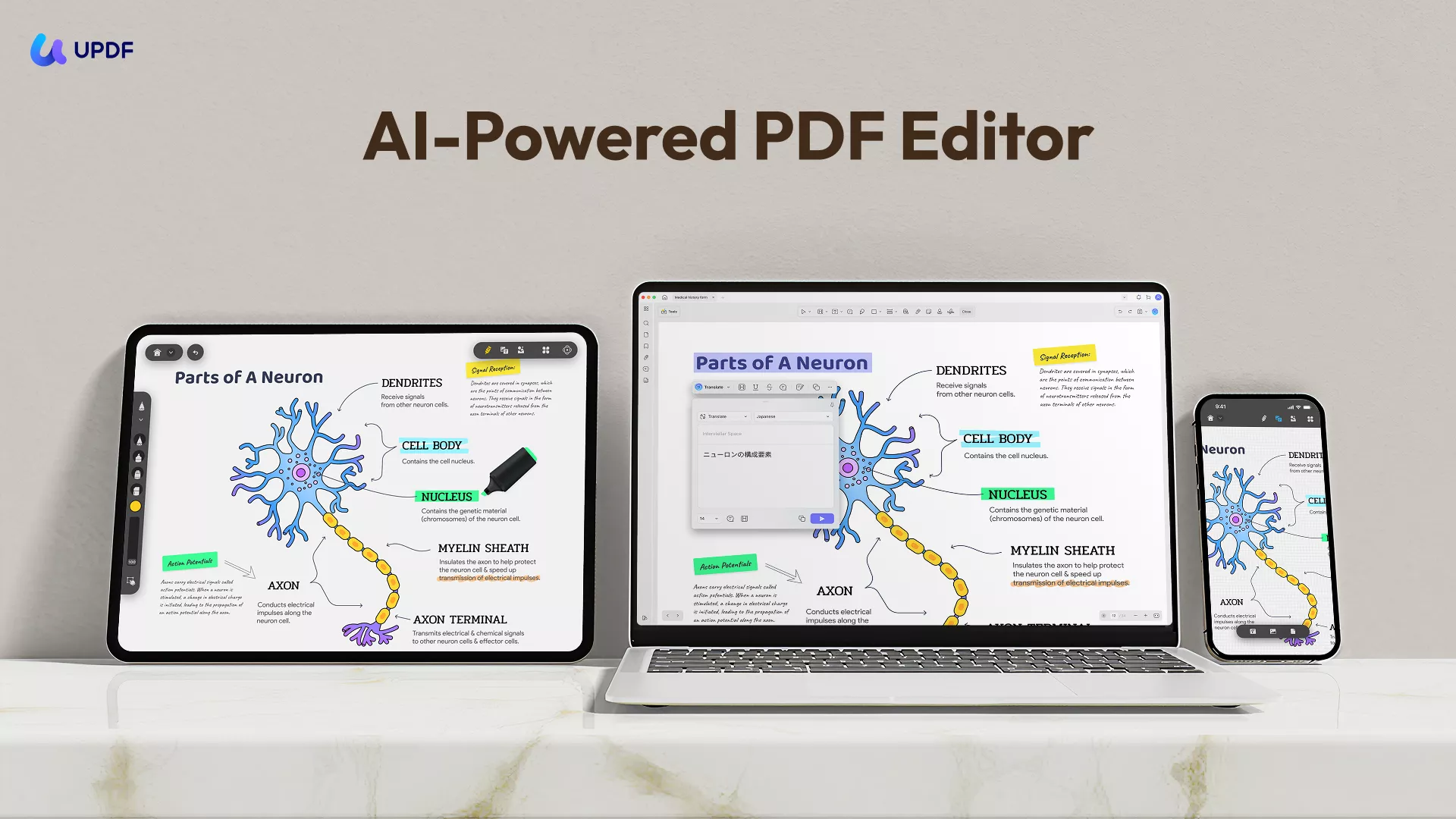
- Annotate Important Details: With an option to underline text or add text boxes, color highlights, or sticky notes, UPDF allows annotating essential details in the project management documents.
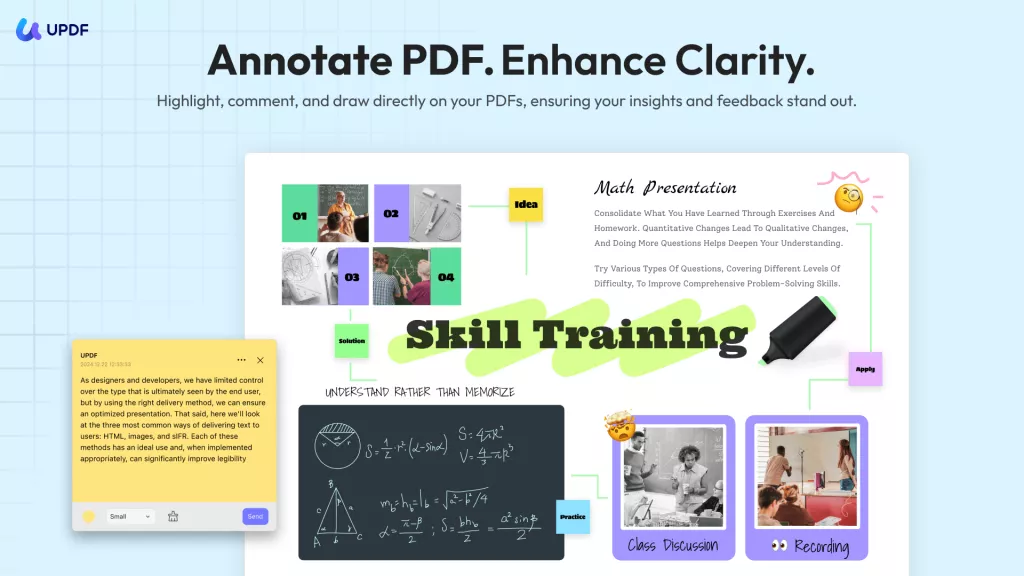
- Organize Project Management Document: Quickly organize your important PDF lifecycle documents by adding, deleting, re-arranging, replacing, or rotating the pages. In agile development, reusing documents is necessary for quick project deliveries.
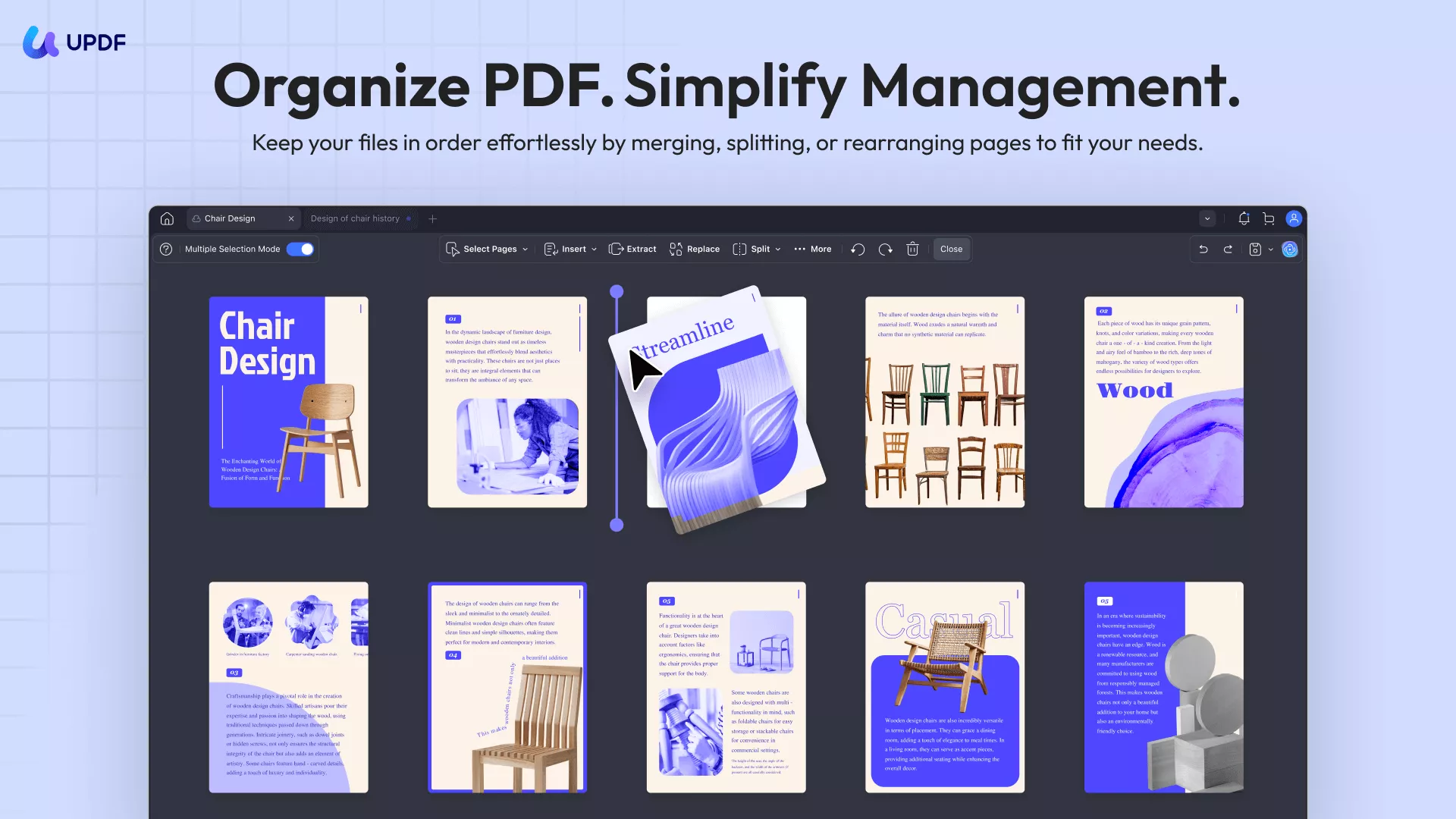
- OCR Scanned Document: Handwritten documents are normal during project planning, but you cannot edit them even if you have made a small mistake. With OCR technology on UPDF, convert paper documents into editable and searchable PDF documents. This will allow you to correct your errors and will help you save costs because you can share the same file with all your team members in a single click.
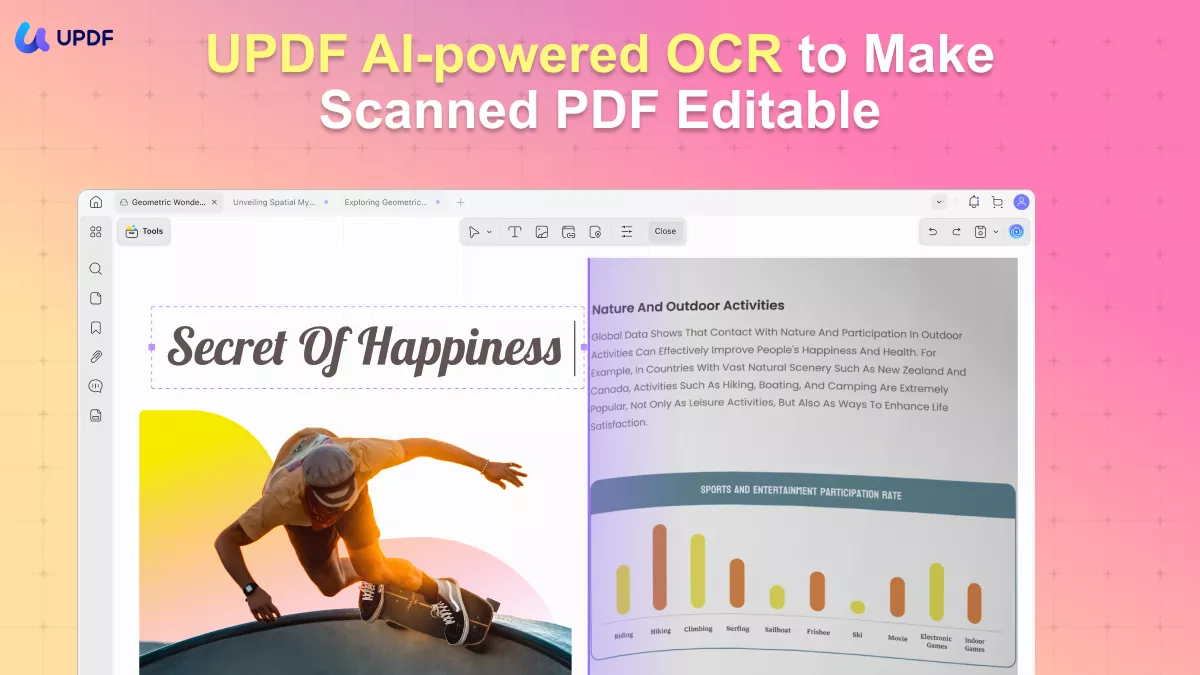
- UPDF AI can help you improve your working efficiency. You can extract important contents from a long document in seconds, translate the file in an unknown language into a language you can understand, ask questions to get the answer quickly, and more.
It is impossible to include all contents in one article. So I recommend you download UPDF via the below to test all features on your own, read this UPDF review article, or watch the below review video to know more.
Windows • macOS • iOS • Android 100% secure
Part 5: FAQs on Project Life Cycle
1. What are the 3 Cs of project management?
The 3Cs of project management include communication, collaboration, and coordination. Within communication, it's determined how good communication is between the team, manager, and all the stakeholders involved in the execution of the process.
In collaboration, it's determined how well teamwork collaborates to deliver the project deliverables collectively. In coordination, it's ensured that the project is completed and delivered on time, for which planning and managing of resources are done.
2. What are the 5 stages of project management?
The 5 stages include initiation, planning, execution, monitoring & controlling, and closure. In initiation, project details are gathered. Planning involves making strategies on the project requirements. Monitoring includes tracking the project workflows from the start till the end. Project closure is when the project is closed after successful delivery.
3. What is the project initiating process?
In this phase of project management, the project is initiated by introducing the project manager and selecting a team leader. The project requirements and details are also collected from the client.
Wrapping Up
Managing a project is not an easy task. It is important to understand the whole process. The project life circle is an important part of project management. So you need to know them in detail by all the contents introduced above. Meanwhile, in this article, we introduced UPDF, an ideal project management software, to help you manage your documents. You can download UPDF via the below button to start managing your document now.
Windows • macOS • iOS • Android 100% secure
 UPDF
UPDF
 UPDF for Windows
UPDF for Windows UPDF for Mac
UPDF for Mac UPDF for iPhone/iPad
UPDF for iPhone/iPad UPDF for Android
UPDF for Android UPDF AI Online
UPDF AI Online UPDF Sign
UPDF Sign Edit PDF
Edit PDF Annotate PDF
Annotate PDF Create PDF
Create PDF PDF Form
PDF Form Edit links
Edit links Convert PDF
Convert PDF OCR
OCR PDF to Word
PDF to Word PDF to Image
PDF to Image PDF to Excel
PDF to Excel Organize PDF
Organize PDF Merge PDF
Merge PDF Split PDF
Split PDF Crop PDF
Crop PDF Rotate PDF
Rotate PDF Protect PDF
Protect PDF Sign PDF
Sign PDF Redact PDF
Redact PDF Sanitize PDF
Sanitize PDF Remove Security
Remove Security Read PDF
Read PDF UPDF Cloud
UPDF Cloud Compress PDF
Compress PDF Print PDF
Print PDF Batch Process
Batch Process About UPDF AI
About UPDF AI UPDF AI Solutions
UPDF AI Solutions AI User Guide
AI User Guide FAQ about UPDF AI
FAQ about UPDF AI Summarize PDF
Summarize PDF Translate PDF
Translate PDF Chat with PDF
Chat with PDF Chat with AI
Chat with AI Chat with image
Chat with image PDF to Mind Map
PDF to Mind Map Explain PDF
Explain PDF Scholar Research
Scholar Research Paper Search
Paper Search AI Proofreader
AI Proofreader AI Writer
AI Writer AI Homework Helper
AI Homework Helper AI Quiz Generator
AI Quiz Generator AI Math Solver
AI Math Solver PDF to Word
PDF to Word PDF to Excel
PDF to Excel PDF to PowerPoint
PDF to PowerPoint User Guide
User Guide UPDF Tricks
UPDF Tricks FAQs
FAQs UPDF Reviews
UPDF Reviews Download Center
Download Center Blog
Blog Newsroom
Newsroom Tech Spec
Tech Spec Updates
Updates UPDF vs. Adobe Acrobat
UPDF vs. Adobe Acrobat UPDF vs. Foxit
UPDF vs. Foxit UPDF vs. PDF Expert
UPDF vs. PDF Expert








 Enid Brown
Enid Brown 

